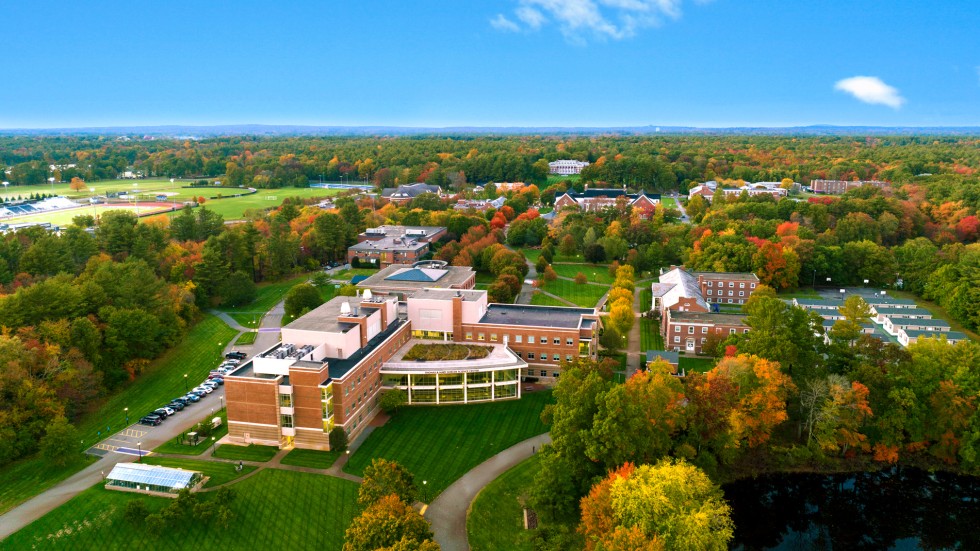Curriculum
The English Curriculum is designed to provide students with both a broad knowledge of literary history and training in close, careful textual analysis.
As they begin the major, students take three required courses:
ENG 200 - Introduction to Literary Studies , a small seminar that serves to introduce students to literary genres and critical terms; ENG 201 - Literary History I and ENG 202 - Literary History II , larger courses, ideally taken in sequence, which cover major movements in literary history.
It is also common for freshmen and sophomores to take a section of ENG 220 - Introductory Topics in Literature , a literary seminar with special topics that develops critical reading and writing skills.
In addition, students take five more elective courses.
Three of the five total elective courses must be taken in at least three of the following areas: Medieval Literature, Early Modern Literature, Literature and Cultural Studies 1700-1900, and Literature and Cultural Studies 1900 to the present.
In their junior year, students take one of the following courses: ENG 300 - Critical Theory ,
or
which introduce students to the more advanced literary and cultural theory that is a prerequisite for the Capstone seminar and all directed studies.
Students may take the
in either their junior or senior year.
The practica courses are typically fulfilled in the junior or senior year, when students may intern at a professional workplace or work as a teaching apprentice with a faculty member teaching a Literature Cornerstone course. English majors who are also Education majors or minors fulfill the practicum requirement by completing their student teaching requirement.
The Department also encourages students to take English courses beyond the number required, so as to gain a full sense of their discipline.
